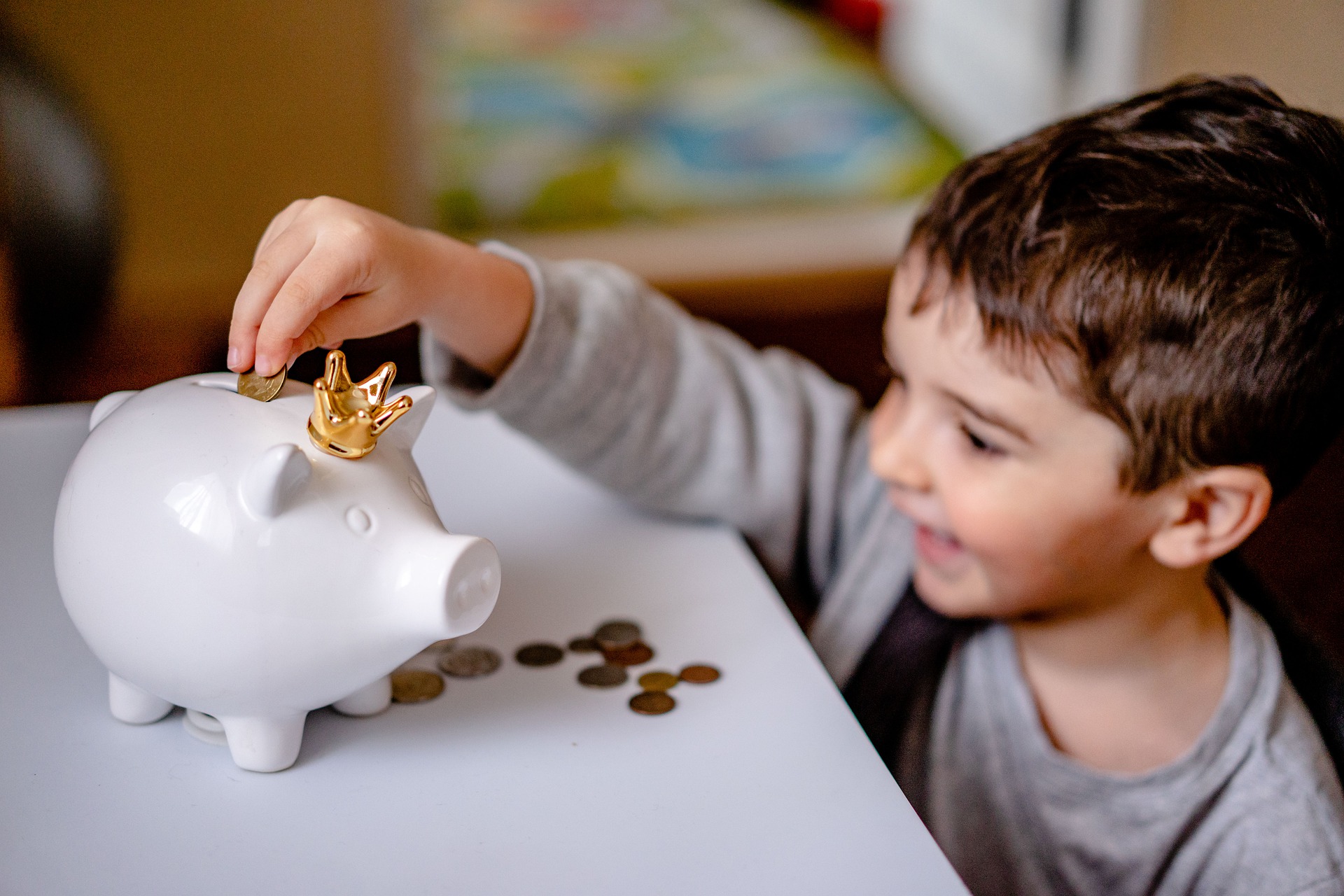3 Tips to Foster Responsible Money Habits in Kids (2 min. read) – Raising Money-Smart Kids Part 2
By Michael Franks, Iraq/Afghanistan Combat Infantry Veteran, Vantage Senior Wealth Advisor
“If I had only started investing earlier…”
If I had a quarter for every time I have heard that exact phrase, I’d still be doing what I’m doing but with a lot more bourbon money. So how do we start the next generation of children on a solid path and healthy relationship with money?
Here are three ideas to help mentor your elementary school kids on the path towards financial success.
Needs versus Wants
“But mom, I need it.” Very few of us did not use this expression with our parents as we were growing up. Explaining the difference between a want and a need is a great first step in developing a solid perspective on spending. I am not saying bust out your psychology 101 textbook from college and show them Maslow’s hierarchy of needs. Instead, talk your child through what things in the house are necessary and what those things cost. Then ask them to look at their want list and think about “How does this (new video game, new toy, candy, etc.) contribute to your life? Do you need it now? How much will we need to save?
Have Children Make Their Own Money
It is my perspective that allowance is not an optimal word. Instead, put commissions on the chores and work that they do around the house. Quantify the value their efforts in the household contribute to the overall quality of life for the family. Encourage a spirit of entrepreneurship and help them organize yard sales, lemonade stands, or businesses working around the neighborhood.
Start Children on a Budget Early
A budget is one of the most powerful financial tools. With a budget, they can see where their money goes, and learn to control money better. Working with your children to form a basic budget should include, needs, wants, and long-term and monthly saving and investing goals.
With these three tips, you can start children and grandchildren on a path to a healthy understanding and relationship with money and investing.


